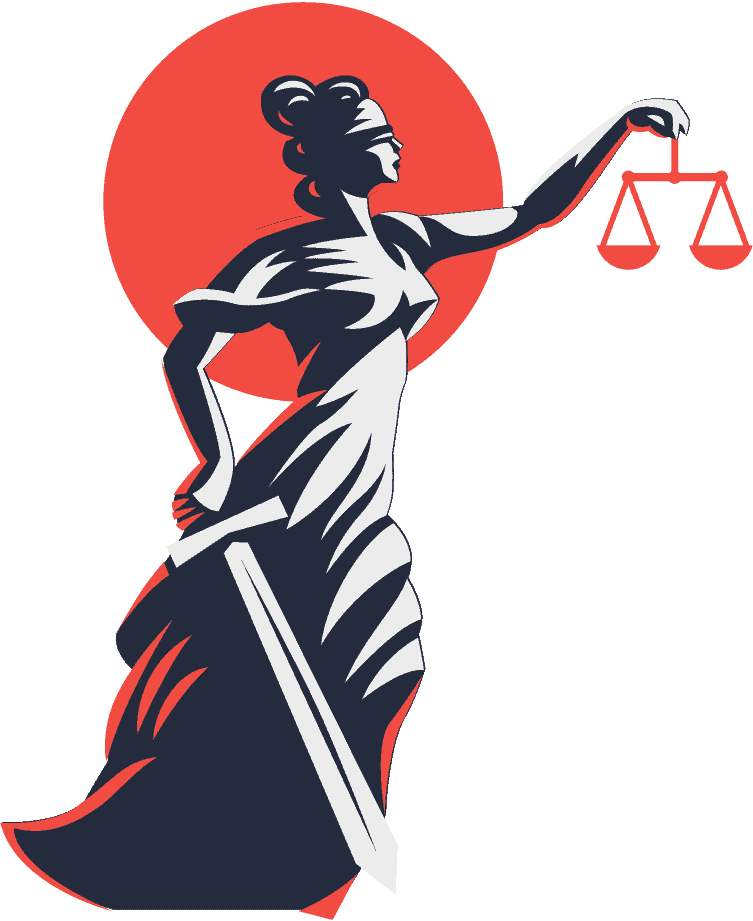
Filing for bankruptcy is one of the debt relief options you may consider if you are experiencing insurmountable financial problems. It is quite hopeful to imagine a scenario wherein creditors do not go after you anymore. Despite the possibility of losing everything, the opportunity to start fresh and free of debt is more enticing than the current situation.
However, just like venturing into unfamiliar waters or anything unknown, going bankrupt can be scary. The best way to undergo the bankruptcy process is with a competent California bankruptcy attorney at your side who can guide and assist you in the maze of legal procedures and allow you the opportunity to enjoy the maximum benefits provided by law.
What is Bankruptcy?
The United States Courts define bankruptcy as “a legal procedure for dealing with debt problems of individuals and businesses; specifically, a case filed under one of the chapters of title 11 of the United States Code (the Bankruptcy Code).”
The US Bankruptcy Code is also what is commonly referred to as the federal bankruptcy law.
Should you successfully get a bankruptcy discharge, this will significantly impact your credit scores and will be reflected in your credit history for a decade, at most. This is why you should only consider filing for bankruptcy if and when you have already exhausted all other debt-relief options, trimmed down all your lifestyle excesses, and maximized all opportunities that you may have in paying your debts. Given this, if the situation is already suffocating and you think that bankruptcy may be your last hope, then much of the damage has already been done to your credit scores. That filing for bankruptcy could cut your losses and stop your misery and distress.
Santa Rosa, California law firm Embolden Law PC provides free consultations to individuals like you who are considering filing for bankruptcy. Contact us today and see how we can help with your financial constraints and guide you in the filing for the bankruptcy process, get your bankruptcy discharge, rebuild your credit score and move towards financial freedom.
The Types of Bankruptcies in the US
Instead of state courts, the federal courts handle all bankruptcy cases. The implementing rules and regulations are in line with the stipulations provided under the US Bankruptcy Code, which outlines the procedures and processes for each type under a specific chapter in the Code. Some common examples are the following:
- Depending on the circumstances of debtors, individuals may file for Chapter 7 or Chapter 13 bankruptcy.
- Should reorganization may be needed, cities, villages, and school districts may file for Chapter 9 bankruptcy
- Businesses may file for Chapter 7 bankruptcy if they wish to liquidate and Chapter 11 bankruptcy if they want to reorganize
There are more types of bankruptcies available. It is best to discuss with your lawyer which kind of bankruptcy you can file for and which would give you the best outcome to help you lead a better life after your fresh start.
Bankruptcy Options for Individuals and Couples
The two types of bankruptcies that individuals or couples may avail are Chapter 7 and Chapter 13 bankruptcy.
- Available for individuals, couples, and even small businesses with little to no assets, Chapter 7 bankruptcy provides the liquidation of non-exempt assets to pay creditors.
- On the other hand, Chapter 13 Bankruptcy is for individuals and couples who earn more money than qualified to avail of the Chapter 7 bankruptcy. Chapter 13 bankruptcy provides for a feasible repayment scheme of the debtor to pay off all creditors. With the consistent and regular income of the debtor, the repayment plan will usually cover three to five years. In this type of bankruptcy, the debtor may keep their property.
Will I Lose Everything in a California Chapter 7 Bankruptcy?
Similar to all other states, California law allows for exemptions when you file for bankruptcy.
The good news here is that even in a Chapter 7 bankruptcy, you still get to keep some of your assets and properties. These assets are what we call exempt assets. All other assets that the bankruptcy trustee will liquidate to pay creditors are what we call non-exempt assets.
In Chapter 13 bankruptcy, you keep all your property, including the non-exempt property. However, California law dictates that you will pay the value of your non-exempt property equity in the repayment plan or your income after taxes, whichever is higher. This way, no matter which the debtor files type of bankruptcy, the creditors will still collect the same amount.
What are the Exemptions in California?
To file for bankruptcy in California, one must have lived in the state for at least 181 days. However, to avail of California exemptions, one must have lived in California for at least two years before filing. Should one reside in California for less than the required number of days, the exemptions provided by the state where one lived previously shall apply.
There are two state exemptions systems in California: System 1 and System 2. Generally, if you own significant home equity, the better choice is System 1, or what is also called 704 exemptions. If you want to exempt other types of property or wildcard exemption, the better option is System 2 or what is also called 703 exemptions.
California 704 Exemptions
- Homestead Exemption – California law protects the real or personal property you live in at the time of your bankruptcy filing. This includes a house, condominium, mobile home, apartment, or boat with a value of up to $600,000.
- Motor Vehicle Exemption – The vehicle exemption is up to $3,325 of equity for any motor vehicle.
- Personal Property – Depending on private property, California law protects these properties up to certain values. Ask your lawyer to guide you in retaining the most out of your personal property, such as household items, residential building materials, jewelry, health aids, bank deposits.
- Other exemptions provided under California 704 exemptions are portions of your wages, retirement accounts, public benefits, tools of trade.
California 703 Exemptions
- Homestead Exemption – California law protects the real or personal property you are residing in at the time of your bankruptcy filing with a value of only up to $29,275, which is significantly lower than what is provided for under 704 Exemptions.
- Motor Vehicle Exemption – However, under 703 exemptions, you can protect up to $5,850 of equity in your motor vehicles.
- Personal Property – Depending on the kind of personal property, California law also protects these properties up to certain values under 703 exemptions such as burial plots, clothing, home appliances and furnishings, jewelry, health aids, retirement and pensions, public benefits, tools of trade, alimony and child support, insurance benefits and payouts.
- Wildcard – If the debtor does not avail of the homestead exemption, a total of $30,825 of equity in any property will be protected. If the debtor availed of burial or homestead exemption, then the wildcard exemption is at $1,550.
All the California exemptions are stipulated under the California Code of Civil Procedure. These exemptions could be overwhelming. An experienced California bankruptcy attorney could be helpful in this case.
Filing for California Bankruptcy
Debtors file a bankruptcy petition, a statement of assets and liabilities, and a list of all creditors and the value of what is owed with the California Bankruptcy Court. Creditors are notified that a debtor has filed for a bankruptcy petition.
How long a bankruptcy case is heard in court depends on the type of bankruptcy you file. Since Chapter 7 bankruptcy will liquidate some of your assets, the process could take 4 to 6 months or longer, depending on your circumstances. With a Chapter 13 bankruptcy, this will depend on the duration of your repayment plan and could take as long as five years.
However, the bankruptcy court will issue an automatic stay notice to all creditors listed in the petition when you file for bankruptcy protection. It will hinder all these creditors from pursuing what you owe them until the courts lift the stay.
A bankruptcy discharge granted to the debtor releases responsibility of the debtor to pay for the discharged debts. Creditors of discharged debts are now prohibited from collecting such debts.
However, it is essential to note that not all debts can be discharged in a bankruptcy, even Chapter 7 bankruptcy. Examples of debts or financial obligations you must pay are a child or spousal support, tax debts, student loans, wage garnishment, fines, or penalties stipulated by law.
Consult a Santa Rosa Bankruptcy Attorney today!
Although California allows you to represent yourself in bankruptcy, the complications and legal matters involved in filing for bankruptcies and getting a discharge could be staggering. California bankruptcy attorneys with the experience can present you with the best options, especially in choosing exemptions. Creditors will surely be aggressive and fight tooth and nail to hold you responsible for what you owe them. You will need an aggressive bankruptcy lawyer to represent you to get most if not all of the debts discharged.
With over three decades of experience, our Santa Rosa bankruptcy attorneys work with consumers to eliminate debts, keep their property, and reboot their finances.
Book a consultation today by calling 707-284-2378 and stop the collection calls and letters. Take the necessary means in getting a fresh financial start in Santa Rosa, Sonoma County, and more locations in California.
Share This Post!





